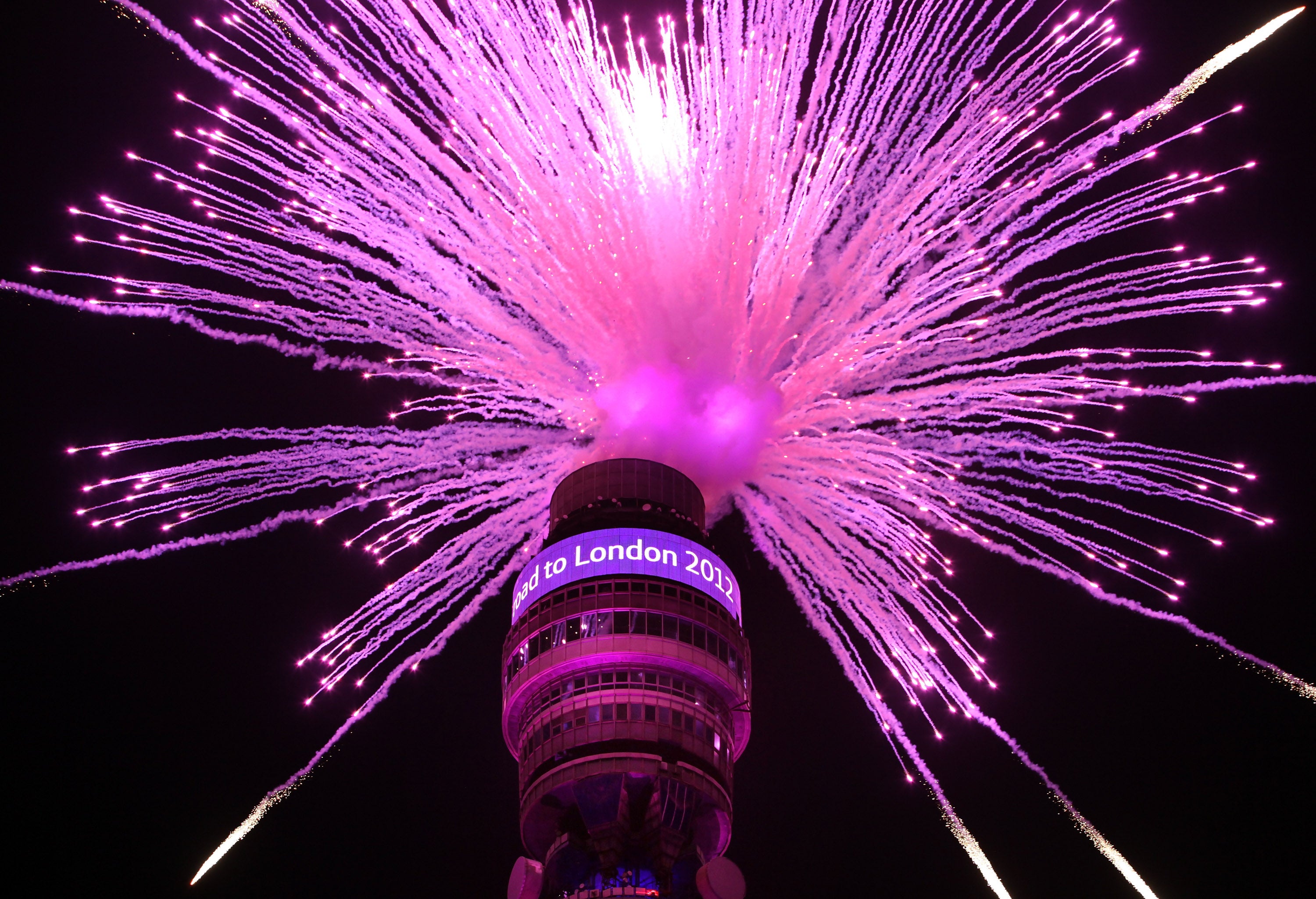'Fastest ever' commercial internet speeds in London: Download 44 films in a second
The record-breaking connection was established between BT Tower (above) and an internet research campus in Suffolk

Scientists in the UK have created the fastest ever real-world internet connection, using commercial-grade fibre optic lines to clock up speeds of 1.4 terabits per second.
It’s believed to be the fastest speed test of its kind, and would allow users to hypothetically download 44 high-definition films in a single second. Downloading the entire English version of Wikipedia would take just 0.006s.
More on broadband: Compare providers and find the best deal for you with our fibre broadband offers page
A joint research team from French telecoms company Alcatel-Lucent and BT created the connection using an existing 410km-stretch of fibre optic cable between BT Tower in London and a BT research campus in Suffolk.
Using a new protocol named Flexigrid the researchers were able to overlay several transmission channels over the same connection. The resulting ‘Alien Super Channel’ was comprised of seven 200 gigabit per second connections, increasing transmission efficiency by 42.5 per cent when compared to previous efforts.
The researchers' use of existing hardware is integral, as it will allow telecoms companies to meet the UK’s ever-increasing demand for faster internet speeds without having to replacing existing optical fibres.
However, despite this record recent news from South Korea shows that the UK is still lagging behind other countries when it comes to mobile connections.

In Seoul this week mobile operator SK Telecom Co announced plans to roll-out a new 300Mbps by the end of 2014. In comparison, UK operator EE currently offers speeds of “up to 60mbps” through their fastest 4G service
Although SK Telecom Co’s new network is slow compared to BT’s ‘Alien Super Channel’ (it would take a whole 22 seconds to download a single HD movie) the announcement is impressive for a commercial subscription.
The South Korean goverment also announced a new initiative to introduce a next-generation 5G wireless connection within six years. The new mobile standard would offer connections around 1,000 times faster than current 4G services, and the government is investing 1.6 trillion won ($1.5 billion) in the plan.
"We helped fuel national growth with 2G services in the 1990s, 3G in the 2000s and 4G around 2010. Now it is time to take preemptive action to develop 5G," said a spokesperson for South Korea’s Ministry of Science and Technology.
“Countries in Europe, China and the US are making aggressive efforts to develop 5G technology […] and we believe there will be fierce competition in this market in a few years."
Join our commenting forum
Join thought-provoking conversations, follow other Independent readers and see their replies
Comments
Bookmark popover
Removed from bookmarks